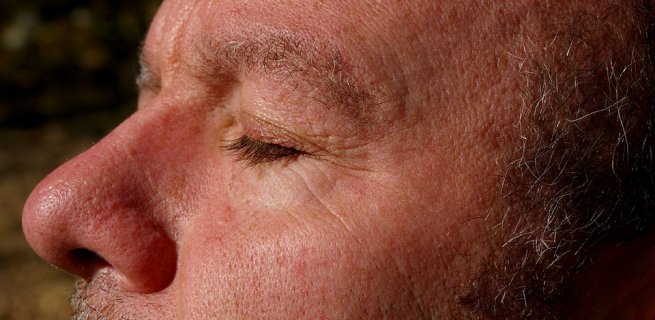People appeal cases for a variety of reasons, but appealing because your trial judge fell asleep certainly doesn’t rank amongst the most common of them.
Yet this is precisely what happened to Rafael Cesan and Ruben Mas Rivadavia
After a 17-day jury trial, both were found guilty of importing ecstasy into Australia. Cesan was sentenced to 13 years and six months imprisonment, with a non-parole period of nine years. Mas Rivadavia was given a total sentence of 11 years.
Judge fell asleep
The idea of a judge falling asleep during court proceedings may sound comical, but it is no laughing matter if you are a defendant convicted and sentenced to several years in prison.
Judges have an important role in criminal proceedings, even when a jury is involved. They must be alert to rule upon the admissibility of evidence, and to observe the credibility of witnesses and their testimony in order to give proper instructions to the jury at the end of the trial. It is also their role to determine the sentence if a person is found guilty.
But the judge in Cesan and Mas Rivadavia’s case fell asleep for significant periods during the proceedings, which caused concern to both of the defendants and their criminal lawyers.
The pair appealed to the NSW Court of Appeal (NSWCCA), where one of the grounds of appeal was that the trial judge had been asleep during important parts of the trial.
But although the NSWCCA accepted that the trial judge had in fact fallen asleep, they came to the view that the appellants failed to demonstrate that the trial was unfair, or that a miscarriage of justice had occurred.
Accordingly, the court dismissed the pair’s appeal and confirmed the trial judge’s sentences.
But undeterred, Cesan and Mas Rivadavia took the case to the High Court of Australia.
What is the appeal process?
In NSW, appeals are governed by the Criminal Appeal Act 1912. Sect ion 6 of the Act says that an appeal should succeed if:
1. The verdict could not be supported, having regard to the evidence;
2. The verdict was based on a wrong decision of any question of law; or
3. If there was a miscarriage of justice.
The sleeping judge
Indeed, Cesan noticed the trial judge sleeping on several occasions, and Justice French of the High Court remarked in his judgment that:
“The next day he… [Cesan] again noticed that the judge appeared to be asleep. He would slump in his chair and his head would fall forward and it would stay down for some time. He would suddenly lift it and appear to wake up before ‘nodding off again.’ This happened several times for up to five or more minutes at a time.”
In fact, Cesan said that he heard a “deep rumbling noise”, and eventually realised it was the judge snoring!
This distracted attention from Cesan, as members of the jury looked at the judge rather than focusing upon the defendant’s testimony. And Cesan reported having trouble concentrating on the questions, while he waited for the judge to wake up. At one point Cesan paused and waited for the judge to awake, then resumed answering questions – but within ten minutes, Cesan heard the snoring again.
This continued on several days of the trial, occurring in the afternoons more than the mornings, and increasing as the trial went on.
The High Court decision
The Justices of the High Court had a different opinion to those in the NSWCCA.
They found that while jurors are the ‘fact-finders’ in jury trials, the judge must still determine which evidence is admissible, sum up to the jury and give important directions.
This means that the judge plays a vital supervisory role, akin to that of a referee, and this role requires attentiveness throughout the course of the trial.
In Cesan’s case, the jury behaved differently when the judge was asleep – sometimes looking at the judge rather than paying attention to the testimony being given.
Of course, this does not meant that an occasional moment of distraction will be grounds for appeal, but the dozing of the judge in this case was sufficient to amount to a miscarriage of justice.
The appeal was therefore allowed, the convictions overturned, and a new trial ordered.
What happened to the judge and the defendants?
The trial judge has since retired. Medical evidence showed that he was suffering from severe sleep apnoea at the time of the trial, and he left the bench by reason of permanent disability.
Cesan and Mas Rivadavia were retried and found guilty once again.











